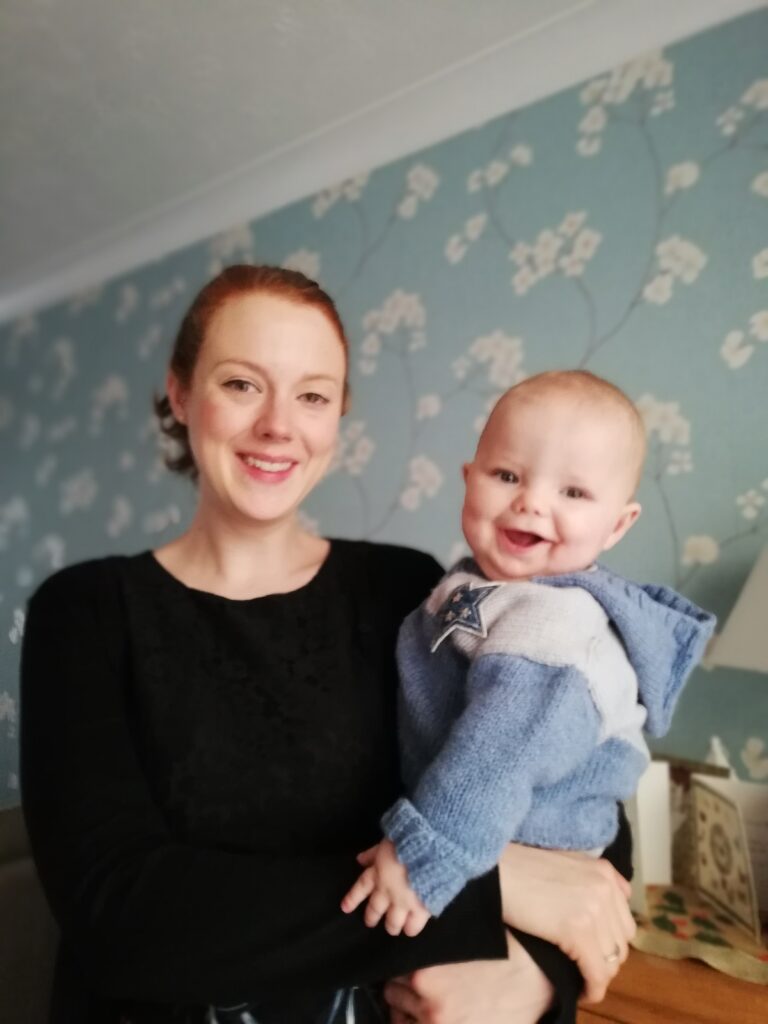noun: dread;
- great fear or apprehension.
We’ve all felt it. For some it feels like a hard heavy lump in your chest or throat, for others it feels like a suffocating weight is pressing down on your lungs, either way the message is clear: something is not right. In fact, something feels very wrong indeed.
While our child howled from 4pm to 10pm every evening, I’d compare notes with friends and ask if they experienced the same and they’d look at me blankly or say things like “I don’t know how you do it. I can’t cope when my baby cries for 20 minutes”. My husband and I would pass our son back and forth asking each other over and over “is this normal?” We googled: why won’t my baby stop crying? We tried every lotion and potion and used every piece of advice from friends and family but nothing seemed to help. A feeling of dread began to creep into me, one that I couldn’t shake off.
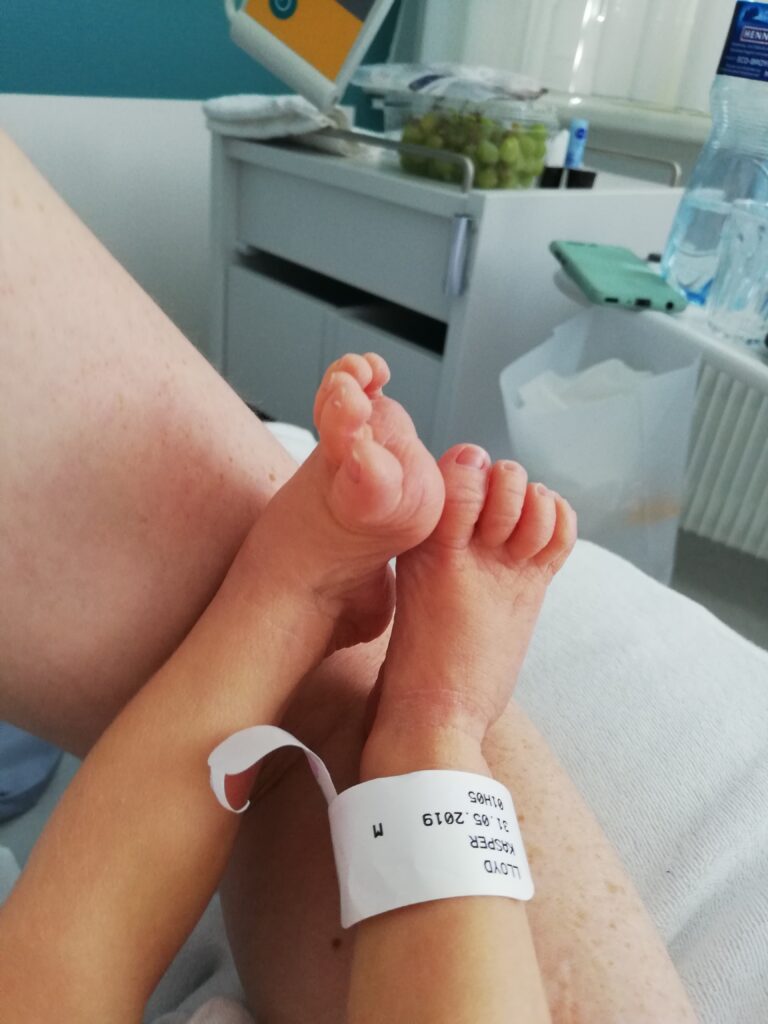
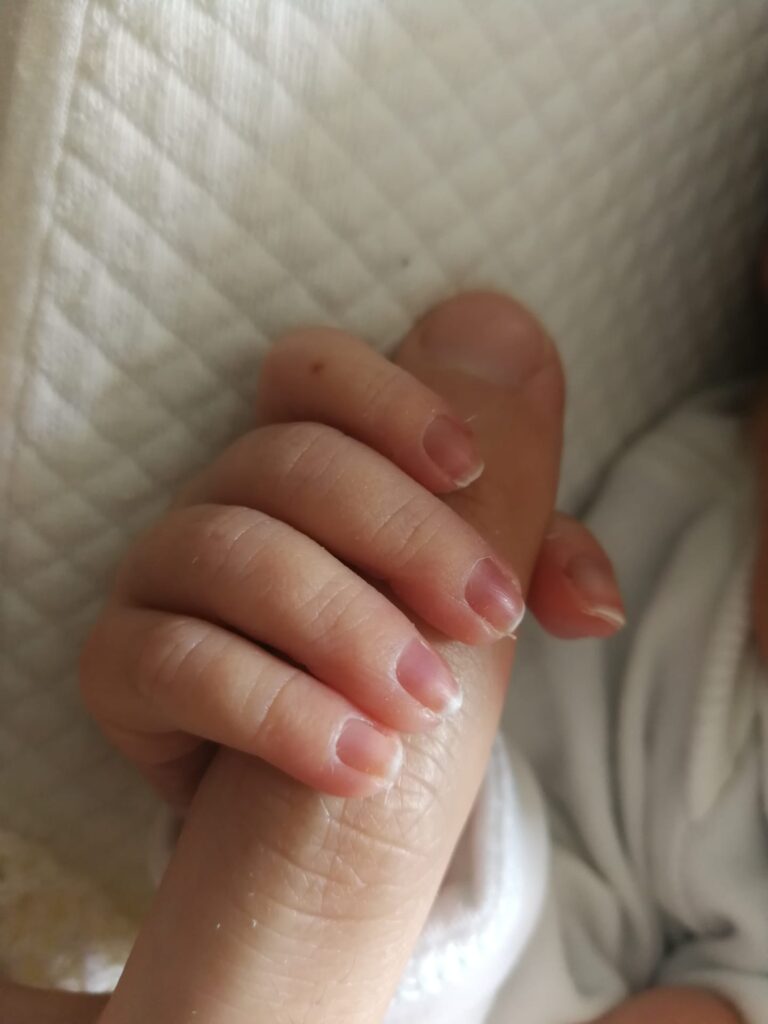
As the months passed and colic turned into reflux and sleep continued to evade us, we were able to make excuses as to why our new-born’s development was delayed. In fact I don’t really remember worrying all that much during the first months of his life. We reassured ourselves that, of course he’s delayed, he:
- rarely sleeps for more than an hour without waking up distressed
- screams throughout tummy time so no wonder he’s not progressing
- is chubby since switching to formula so it’s harder for him to move
And on and on we went concocting excuses but that feeling of dread remained.
At 7 months old we took him to a Christmas party at a friend’s apartment. There were 5 families and their babies, all of a similar age. Every time anyone came near to Kasper or tried to interact with him, he burst into tears. I joked that he was sensitive but that familiar feeling stirred up again. I remember looking around the room and watching their babies roll, sit unassisted and even crawl. Tummy time! Yes! I thought to myself. We just need to do more bloody tummy time. Those two words make my skin crawl, even now. So, I took a cushion and placed my son down on it and then he spectacularly vomited all over it. Right, maybe not. I saw my friend’s babies begin to overtake my son developmentally and the feeling intensified.
I told everyone my worries, the paediatrician, my parents, my friends, Google (Google search bar and me were pretty tight by this point). I feverishly scoured those developmental milestone update emails I received weekly and I wanted to throw the computer across the room and scream. I began unsubscribing from those emails, one by one, unable to fathom why my child was not following the natural steps of development.
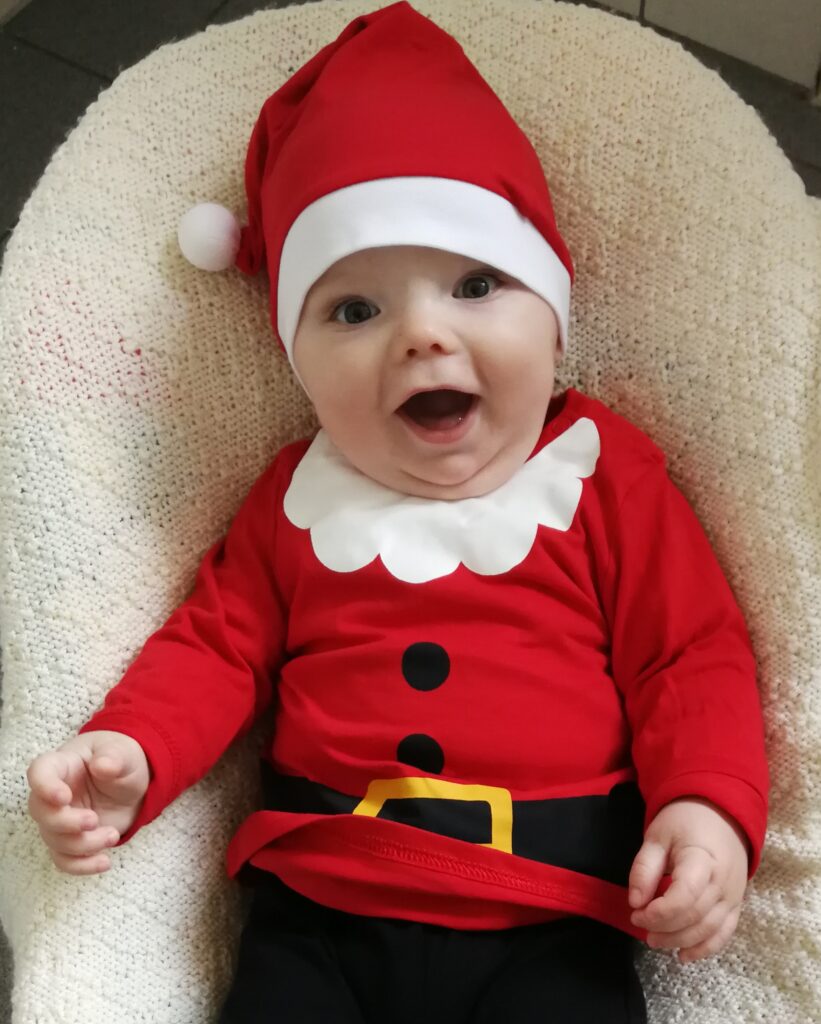
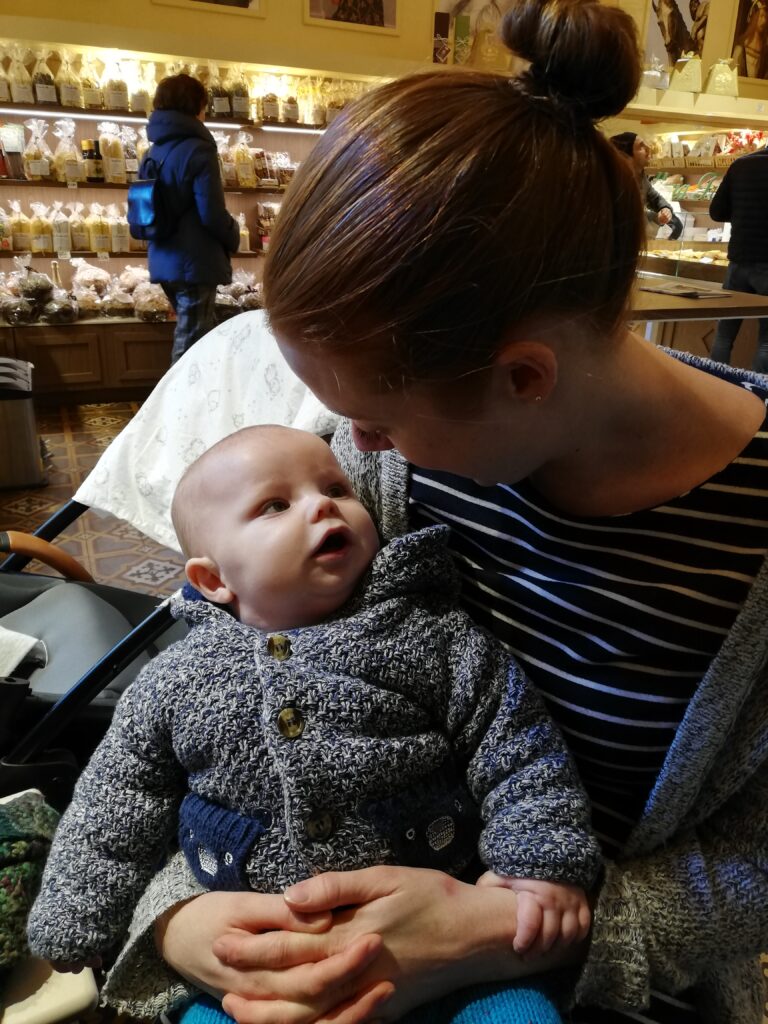
Despite our concerns, we were repeatedly reassured “he’ll get there in his own time” and “every child develops differently”.
Yet we still felt uneasy. No one was concerned except us. That feeling of dread remained until our son’s official diagnosis a few months ago. Again and again in the rare disease world I hear of parents’ concerns being ignored, ridiculed or even downplayed to the point where their (usually the mother’s) mental health is questioned.
Some of the stories that stood out most to me include: a mother who inexplicably felt something wasn’t right with her baby to find out they had meningitis upon arrival at the ER, another mum who felt like her baby’s movements in utero were strange, despite never being pregnant before, was told those movements were actually seizures and even one mum who was utterly convinced her baby had autism at 10 weeks old only to be laughed at (he was later diagnosed with autism).
In fact, dear friend of mine spent 5 months begging professionals to look at her son and diagnose him with infantile spasms and in return she was referred to mental health services for being an “anxious mother”. He was diagnosed with infantile spasms shortly afterwards.
I watched my son’s paediatrician type colic? on his screen and so it began, the beginning of doubting my maternal instincts. My confidence began to waver. By the time my son’s seizures appeared I had no faith in my ability to read my child anymore. I was emotionally and physically wrung out. My son’s paediatrician told me the movements I was describing sounded like normal baby movements so I neither googled nor insisted otherwise. That blind trust led to two weeks of uncontrolled seizures before daring to ask the doctor again. Clearly, had I listened to my instincts, we might have received a diagnosis sooner.
I was angry, for a long time actually. Furious that I’d not pushed harder and fought for my son. But now, rather than continue to beat myself up, I have realised that this feeling of dread can actually be a superpower. Tapping in and listening to this feeling can do amazing things. Instinct can even save your child’s life. Missing milestones, odd movements, strange behaviour or just a feeling, whatever you’re seeing or feeling, listen to the sirens going off in your brain. I’ve learned that I might be wrong but I also might be right and pushing for answers when listening to that feeling of dread has been one of the greatest lessons I have learned on this adventure with my son. Being the parent of a rare kiddo does not make you superhuman but it can make you recognise your superpowers.
